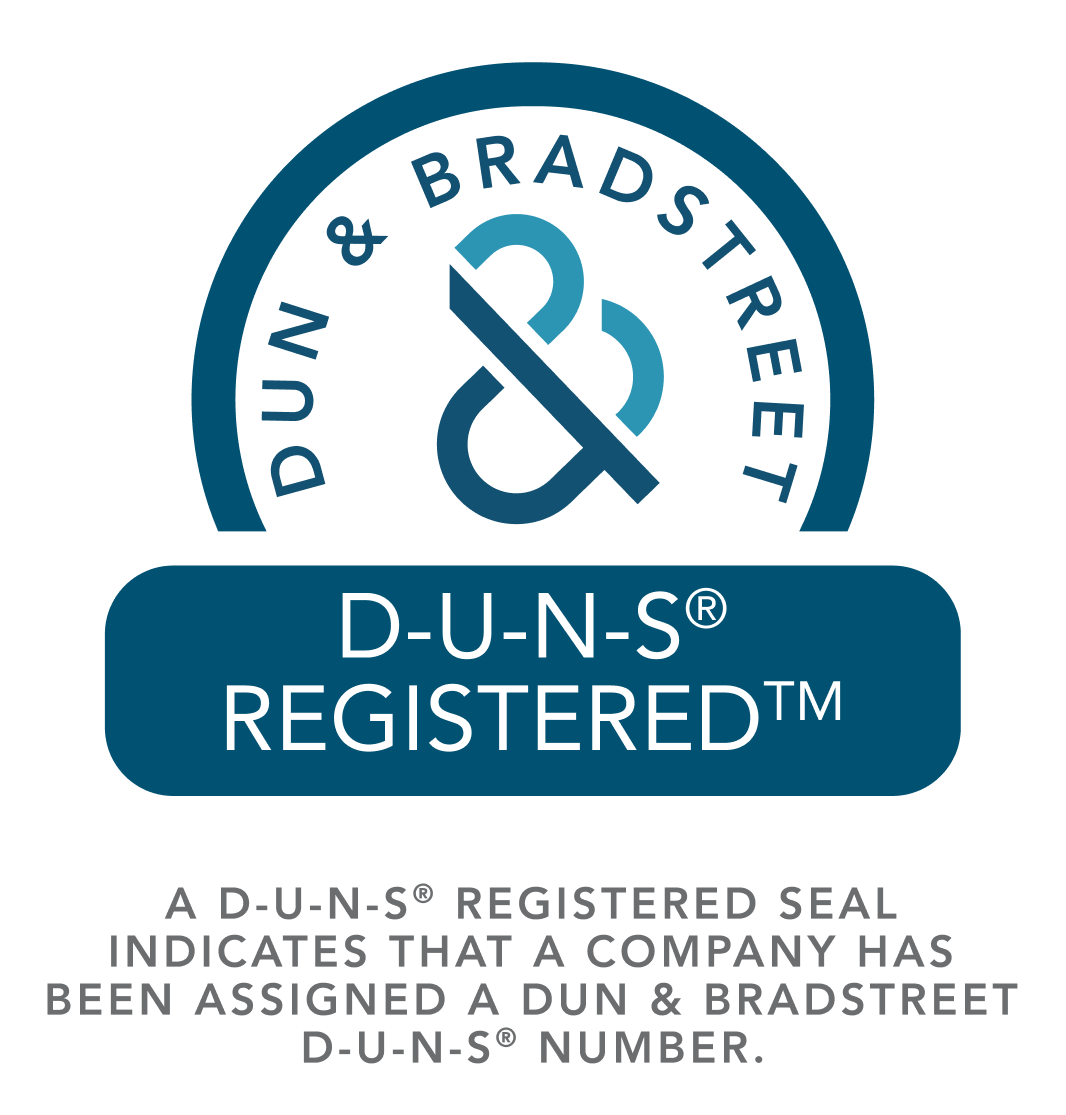
4 Ways to Spot Synthetic Identity Fraud

As if dealerships did not already have enough to worry about as the pandemic and chip shortage continue to impact the market…now there is the increased concern over online F&I fraud. Since so many transactions are online now due to customers staying home and taking delivery at their houses, the risk of fraud, particularly buyers using false identities, has popped back into the F&I radar.
But there is actually something worse that dealers have to worry about. Synthetic Identity Fraud.Synthetic ID fraud has a criminal constructing a completely new identity cobbling together personal identifiers from several different people. The address, SSN, date of birth, address, and name of separate people. Some call this ‘Frankenstein’ fraud. The fake buyer is literally assembled using a patchwork of personal info and because this new identity is usually cultivated over a period of a few years, it may not be obvious to those trying to root out the crime.
Here are 4 ways your dealership can safeguard against synthetic identity fraud :
- Fine-Tooth Comb the CR – One way to catch synthetic identity fraud is to look carefully at how long the buyer has had open credit versus their age. If your buyer is 45 years old and has he/her first credit account 5 years ago, that’s likely a synthetic identity. Anyone that old would have a deeper credit history than just a few years.
- Watch the CRO Activity – Not to say that all credit repair organizations are bad but unfortunately many have a dubious reputation in the industry. When criminals have constructed their synthetic identity, CRO’s can be used to help repair profiles to give an air of legitimacy on the credit report.
- Be Careful with Driveway Deliveries – One of the more obvious tip-offs for synthetic identity criminals is how they prefer to communicate with the dealership throughout the transaction. Most like to avoid direct human contact if possible and prefer text, fax, or email rather than have a conversation on the phone or meeting in person.In the current online state dealerships work within now, more online transactions will be had due to customers reservations about coming to a crowded store. If your dealership is leveraging an online F&I experience and still doing at-home ‘touchless’ deliveries, consider having a mobile notary available if possible.
- Be Vigilant – First, if you don’t already do background checks on staff, consider it soon. Anyone from sales to porters could get access to personal info that can be sold to someone who specializes in synthetic ID fraud.
Second, consider setting up video in the F&I office or a program that requires a thumbprint as part of the application process. Buyers who are using a fake identity are much less likely to go through with the transaction if they are being watched or have to give a personal identifier that is unique and can’t be faked like a fingerprint.
Lastly, empower your F&I staff with a strong Red Flag program and training to help them spot this kind of fraud early. If your F&I product suppliers offer this as part of their compliance training, take advantage of it as soon as possible.
Setting your store up to catch this fraud before it hits the bottom line is the key. COVID-19 has dealers who were not already immersed in online F&I back on their heels as it is but having to worry about fake buyers taking advantage of this new reality can cost dearly. No dealer can afford to lose a deal right now and every step that can be taken to protect the integrity of online deals is a valuable one.
Click here to learn more about how truIdentity, powered by truWarranty, can help your F&I catch this and other identity scams before it impacts your dealership and your buyer.

The increased concern over online F&I fraud, or ‘Frankenstein’ fraud, rages on in the news. And with dealerships leaning on digital sales throughout the COVID-19 pandemic, the risk of fraud, particularly buyers using false identities, has popped back into the F&I radar.

F&I departments are already tasked with protecting the sensitive personal and financial information provided at the time of sale but is there another way to provide a better layer of protection to every buyer at your store?

